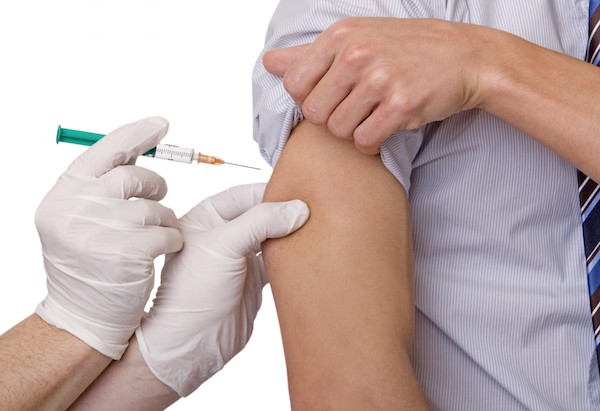
WEDNESDAY, Jan. 26 (HealthDay News) — Screening rates for the sexually transmitted disease chlamydia are significantly higher in the United States among young black and Hispanic women than among young white women, which might explain why black and Hispanic women have higher reported rates of the disease, a new study suggests.
Researchers who analyzed data from more than 40,000 visits to health-care facilities found that young Hispanic women were 9.7 times more likely to be screened for chlamydia than young white women. The screening rate was 2.7 times greater for young black women.
The investigators also found that:
- Women with public health insurance were more likely to have chlamydia testing than were those with private insurance.
- A medical history was more important than race, ethnicity or insurance status in terms of differences in chlamydia screening.
- Young women with a previous sexually transmitted disease were more likely to be screened for chlamydia, regardless of race or ethnicity.
- After a pregnancy, young Hispanic women were 24 times more likely and young black women were four times more likely than young white women to be screened for chlamydia.
The study was published online Jan. 24 in Pediatrics.
“For some common conditions like breast cancer, white women are more likely to receive a screening test like mammography,” the study’s first author, Dr. Sarah E. Wiehe, an assistant professor of pediatrics at the Indiana University School of Medicine, said in a university news release. “For chlamydia infections — which are highly stigmatized STDs — white women are less likely, while minority women are more likely, to receive screening,” she noted.
“This may mean that providers make judgments about a woman’s likelihood of infection based on her race or ethnicity,” Wiehe added. “Yet in an asymptomatic condition like chlamydia, all sexually active young women should be screened.”
She said that pediatricians, internists, family doctors and gynecologists must be encouraged to conduct chlamydia screening for all sexually active young women under their care.
More information
The U.S. National Institute of Allergy and Infectious Diseases has more about chlamydia.

